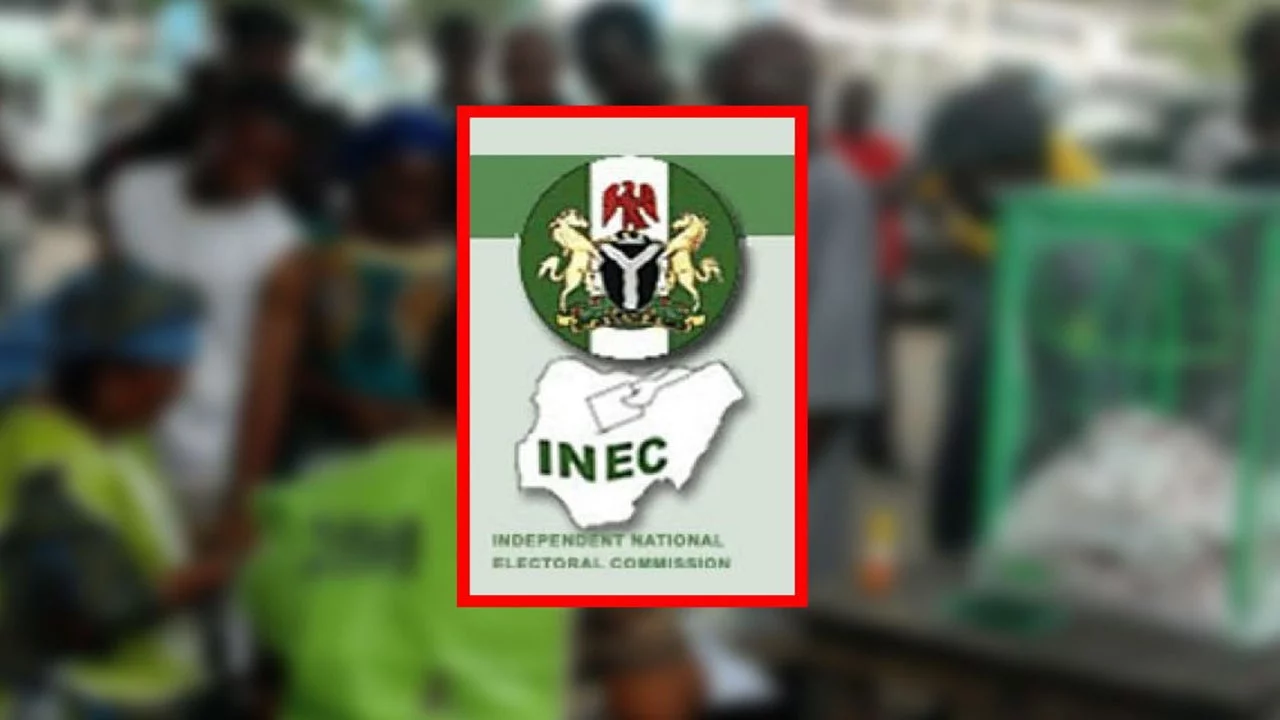By Adeyemi Adekunle
The Edo State Governorship Election approaches, the Independent National Electoral Commission (INEC) has raised an alarm over the growing threat of electoral offences, warning that these violations could undermine the integrity of the electoral process. The Commission emphasized that such offences not only compromise the fairness of elections but also exacerbate political tensions and trigger violence across the state.
In a one-day engagement held in Benin City, youth groups gathered to discuss the critical role of young people in ensuring a free, fair, and credible election come September 21, 2024. The event, spearheaded by INEC’s Edo State office, focused on the importance of educating the youth about the electoral laws and the severe penalties for violations.
The presentation, titled “Electoral Offences and Penalties,” was delivered by Mrs. Rita Amadi, Head of the Legal Department, Legal Services, at the INEC office in Edo State. Represented by Mrs. Oba Agbonifo, a legal officer, Amadi’s paper highlighted the Commission’s growing concerns.
“Electoral offences remain a significant threat to the credibility of elections in Nigeria,” Amadi stated, underlining the need for a robust legal framework to combat these challenges. “While our laws provide for the prosecution of electoral offenders, the inefficiency of criminal investigations in Nigeria presents a substantial barrier to effective prosecution.”
Amadi explained that the arrest, prosecution, and sanctioning of offenders are crucial to deterring future offences and ending the culture of impunity that has marred previous elections. However, she lamented the current system’s inability to fully enforce these measures, leaving many offenders unpunished.
“The inefficiency of our criminal investigation system hampers the effective prosecution of electoral offences,” she said, noting that without thorough investigations and the subsequent prosecution of offenders, electoral violations will continue to thrive.
INEC Chairman, Professor Mahmood Yakubu, has previously acknowledged these challenges, noting that while the Commission is empowered by the Electoral Act to prosecute electoral offences, it lacks the authority and resources to make arrests or conduct comprehensive investigations. This limitation, he argued, significantly impedes the Commission’s ability to curb electoral malpractices effectively.
Amadi urged political stakeholders to play a proactive role in supporting INEC’s efforts by educating their agents, supporters, and partners on the dangers of adopting a “do or die” mentality in the electoral process.
“The youth, who make up a significant portion of our population and are highly involved in the electoral process, must be particularly vigilant and knowledgeable about these offences,” she added.
As Edo State braces for the upcoming governorship election, the need for heightened vigilance and adherence to electoral laws has never been more pressing. With the youth at the forefront of this effort, INEC’s engagement seeks to empower them to contribute to a peaceful and credible electoral process.
The Commission remains hopeful that through education and cooperation, the tide of electoral offences can be turned, paving the way for a truly democratic process in Edo State.




